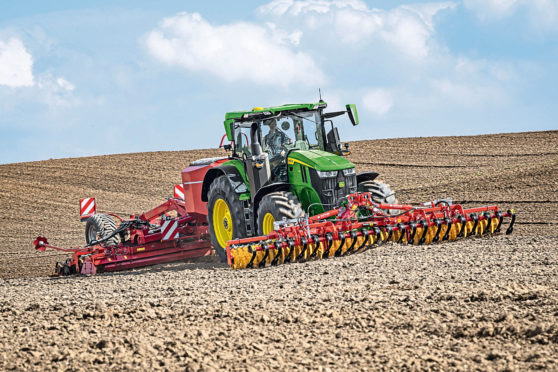Scottish researchers are embarking on a £1 million project to develop a system to understand and monitor changes to soil carbon from agricultural systems.
The project, led by the James Hutton Institute (JHI), aims to better assess the amount of carbon captured in soils and their impact in climate change mitigation.
It will use remote sensing, a ground-based sensor and computing to create a system to monitor, report and verify changes in soil carbon and greenhouse gas emissions in near real-time.
The ultimate aim is to make the system available to farmers and land managers via a mobile app.
“There is a need to combine information from diverse sensor networks in different environments and to accurately model soil carbon changes and greenhouse gas emissions from various management practices,” said Dr Jagadeesh Yeluripati, principal investigator of the project in the information and computational sciences department at JHI.
“This project will demonstrate a novel solution for improved understanding of soil carbon change by linking sensors, edge and high-performance computing-based data analysis, modelling and visualisation to meet farmer and policymaker information needs, in support of net-zero greenhouse gas emissions targets for Scotland (2045) and the wider UK (2050).”
Professor Pete Smith, a project partner from Aberdeen University, said the system should also be able to predict environmental changes.
He said: “The platform should provide unprecedented decision-making capabilities to farmers and national policy stakeholders.
“The design should allow near real-time simulations of carbon changes and GHG emissions without individual land managers providing numerous data inputs.”
Researchers say they aim to have the system operational by the end of the project in 2023.
